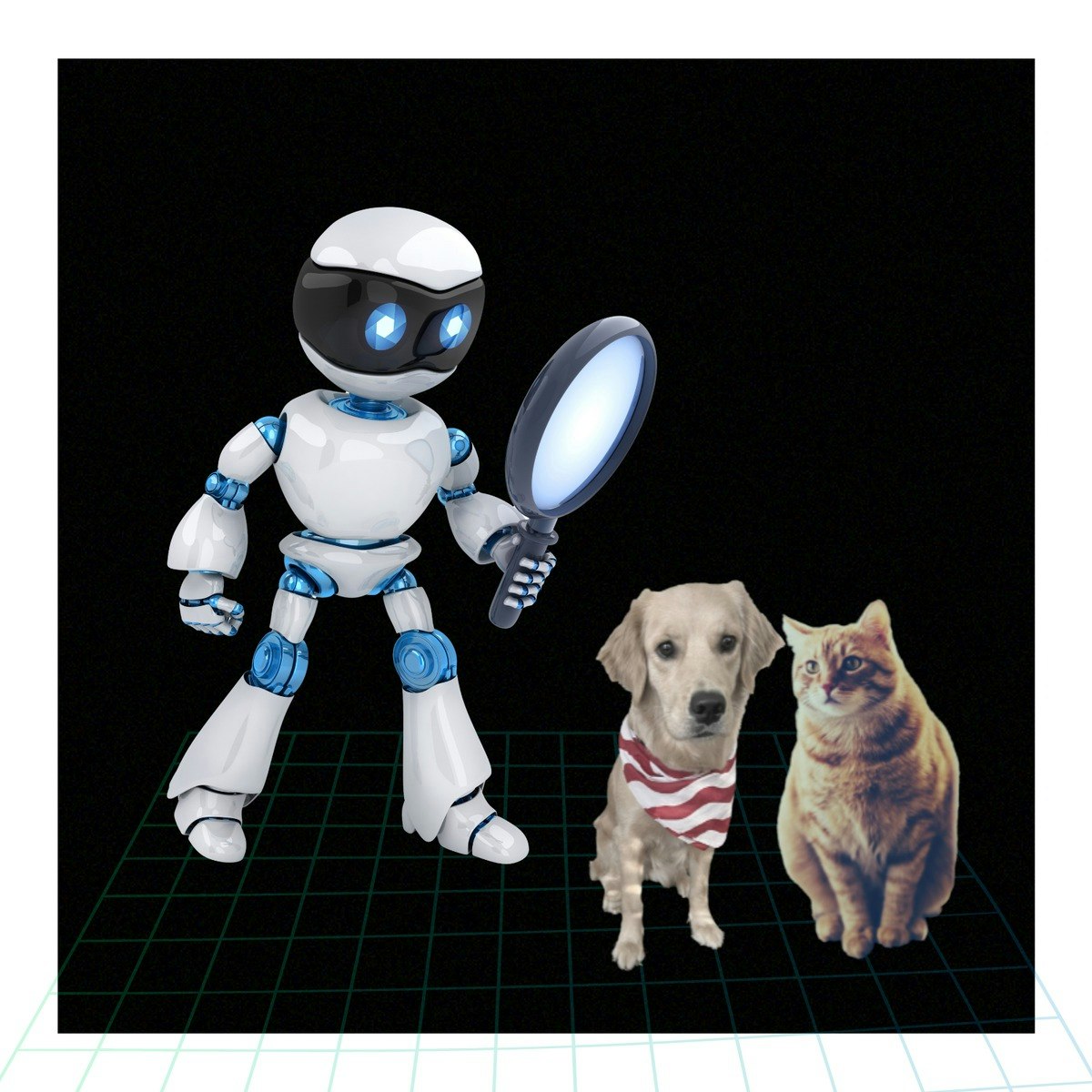
The goal of this project is to introduce beginners to the basic concepts of machine learning using TensorFlow. The project will include, how to set up the tool and get started as well as understanding the fundamentals of machine learning/neural network model and its key concepts. Learning how to use TensorFlow for implementing machine learning algorithms, data preprocessing, supervised learning. Additionally, learners develop skills in evaluating and deploying machine learning models using TensorFlow.
What's inside
Syllabus
Good to know
Save this course
Activities
Review 'Deep Learning for Coders with fastai and PyTorch'
Show steps
This book provides a comprehensive overview of deep learning concepts and techniques, preparing you for the TensorFlow course.
View
Deep Learning for Coders with Fastai and...
on Amazon
Show steps
-
Read Chapters 1-3
-
Complete the exercises in Chapter 3
Follow TensorFlow Tutorials
Show steps
TensorFlow provides official tutorials that can help you build a strong foundation in TensorFlow basics.
Browse courses on
TensorFlow
Show steps
-
Complete the 'Hello World' tutorial
-
Work through the 'MNIST for Beginners' tutorial
Solve TensorFlow Coding Challenges
Show steps
Solving coding challenges will enhance your TensorFlow programming skills and deepen your understanding of the concepts.
Browse courses on
TensorFlow
Show steps
-
Join a TensorFlow coding challenge platform
-
Solve 10 beginner-level challenges
Two other activities
Expand to see all activities and additional details
Show all five activities
Build a Simple Image Classifier
Show steps
Creating your own image classifier will provide hands-on experience and reinforce the course concepts.
Browse courses on
TensorFlow
Show steps
-
Gather a dataset of images
-
Train a convolutional neural network model using TensorFlow
Join a TensorFlow Study Group
Show steps
Engaging in discussions with peers can clarify concepts and enhance your learning experience.
Browse courses on
TensorFlow
Show steps
-
Find a study group or create your own
-
Meet regularly to discuss course topics and work on projects
Review 'Deep Learning for Coders with fastai and PyTorch'
Show steps
This book provides a comprehensive overview of deep learning concepts and techniques, preparing you for the TensorFlow course.
View
Deep Learning for Coders with Fastai and...
on Amazon
Show steps
- Read Chapters 1-3
- Complete the exercises in Chapter 3
Follow TensorFlow Tutorials
Show steps
TensorFlow provides official tutorials that can help you build a strong foundation in TensorFlow basics.
Browse courses on
TensorFlow
Show steps
- Complete the 'Hello World' tutorial
- Work through the 'MNIST for Beginners' tutorial
Solve TensorFlow Coding Challenges
Show steps
Solving coding challenges will enhance your TensorFlow programming skills and deepen your understanding of the concepts.
Browse courses on
TensorFlow
Show steps
- Join a TensorFlow coding challenge platform
- Solve 10 beginner-level challenges
Build a Simple Image Classifier
Show steps
Creating your own image classifier will provide hands-on experience and reinforce the course concepts.
Browse courses on
TensorFlow
Show steps
- Gather a dataset of images
- Train a convolutional neural network model using TensorFlow
Join a TensorFlow Study Group
Show steps
Engaging in discussions with peers can clarify concepts and enhance your learning experience.
Browse courses on
TensorFlow
Show steps
- Find a study group or create your own
- Meet regularly to discuss course topics and work on projects
Career center
Deep Learning Engineer
Artificial Intelligence Engineer
Machine Learning Engineer
Computer Vision Engineer
Data Scientist
Machine Learning Researcher
Research Scientist
Software Engineer
Computer Scientist
Data Analyst
Quantitative Analyst
Software Developer
Data Engineer
Product Manager
Business Analyst
Reading list
Share
Similar courses
OpenCourser helps millions of learners each year. People visit us to learn workspace skills, ace their exams, and nurture their curiosity.
Our extensive catalog contains over 50,000 courses and twice as many books. Browse by search, by topic, or even by career interests. We'll match you to the right resources quickly.
Find this site helpful? Tell a friend about us.
We're supported by our community of learners. When you purchase or subscribe to courses and programs or purchase books, we may earn a commission from our partners.
Your purchases help us maintain our catalog and keep our servers humming without ads.
Thank you for supporting OpenCourser.



